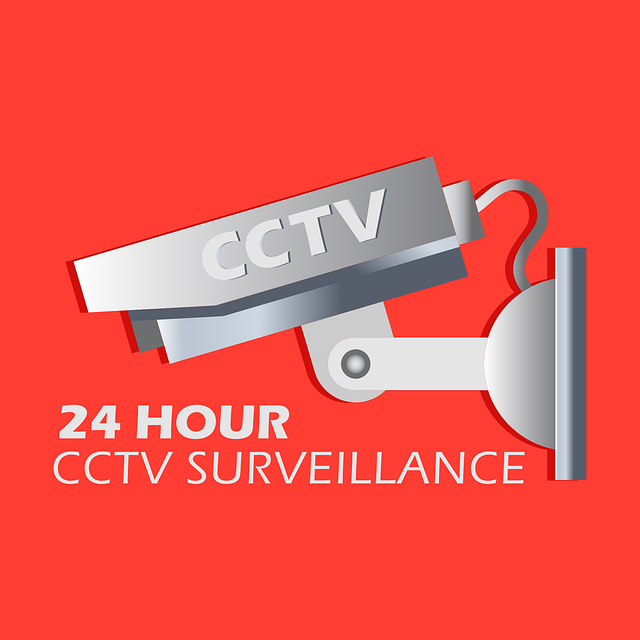Business security camera installation (BSCI) is crucial for data protection, client trust, and maintaining a positive public image, especially in today's digital era. BSCI must comply with privacy laws like GDPR and CCPA by obtaining consent, securely storing footage, and limiting access to authorized personnel. Advanced cameras provide detailed records aiding regulatory compliance, enhancing security, and deterring threats. Robust protocols including encryption, secure storage, and access controls safeguard customer data, build trust, and protect against fines. Staying ahead of evolving regulations requires dynamic practices like regular protocol updates, employee training, and advanced technology integration for continuous compliance through BSCI measures.
In today’s digital age, compliance with privacy and security regulations is paramount for businesses. With stringent laws like GDPR and CCPA in place, organizations must navigate a complex landscape of data protection requirements. This article explores key aspects of achieving compliance, focusing on the role of business security camera installation as a strategic tool for enhancing privacy and security. We’ll delve into best practices for maintaining continuous adherence to evolving standards, emphasizing the importance of data protection measures to build and maintain customer trust.
Understanding Privacy and Security Regulations: A Business Perspective
Privacy and security regulations are an integral part of modern business operations, with a focus on protecting sensitive data and ensuring customer trust. For businesses, understanding and adhering to these regulations is crucial, especially in industries dealing with personal information. Compliance goes beyond mere legal obligation; it fosters a culture of transparency and accountability, which is vital for maintaining consumer confidence.
When considering business security camera installation, companies must ensure that their practices align with privacy laws. This includes obtaining consent for surveillance, securely storing footage, and limiting access to authorized personnel only. Balancing the benefits of enhanced security with the need to respect individual privacy rights requires a strategic approach. By staying informed about evolving regulations and implementing robust security measures, businesses can protect themselves from legal repercussions and maintain a positive public image in an increasingly data-conscious world.
The Role of Business Security Camera Installation in Compliance
In today’s digital age, where data privacy and security are paramount, businesses must adopt comprehensive strategies to protect sensitive information. One crucial aspect often overlooked is the role of business security camera installation in ensuring compliance with regulations like GDPR, CCPA, or industry-specific standards. These high-tech surveillance systems serve as a powerful tool for maintaining not only physical security but also data integrity.
Business security camera installation plays a pivotal part in achieving regulatory compliance by providing visual records and enhancing overall safety measures. Cameras act as digital sentinels, capturing detailed footage that can be used for identity verification, access control, and incident investigation. With advanced analytics, these systems can detect anomalies, alert personnel, and deter potential threats, thereby reducing the risk of data breaches or physical security incidents.
Data Protection Measures: Ensuring Customer Trust and Legal Adherence
Data protection measures are an integral part of any successful business, especially in light of stringent privacy and security regulations. For businesses specializing in business security camera installation, it’s crucial to implement robust data protection protocols to safeguard customer information and maintain legal compliance. This involves encrypting sensitive data, ensuring secure storage solutions, and establishing clear access controls to limit who can view or manipulate the data.
By adopting these measures, companies can foster trust with their clients, assuring them that their privacy is respected and protected. Moreover, adhering to data protection standards helps businesses avoid legal pitfalls and potential fines associated with non-compliance, thereby ensuring long-term success and stability in an increasingly regulated environment.
Best Practices for Maintaining Continuous Compliance with Evolving Standards
Staying ahead of privacy and security regulations is an ongoing challenge, especially with constantly evolving standards. To maintain continuous compliance, businesses investing in robust security systems like business security camera installation should implement best practices that ensure adaptability and flexibility. Regularly reviewing and updating security protocols, conducting thorough employee training, and staying informed about legal updates are essential pillars of this strategy.
Additionally, integrating advanced technologies can significantly enhance compliance efforts. Utilizing AI-powered analytics for video footage analysis, implementing multi-factor authentication, and adopting encryption standards are proactive measures that demonstrate a commitment to data protection. Continuous monitoring and feedback loops help identify gaps in security measures and enable prompt remediation, ensuring the business remains compliant with the latest privacy and security regulations.
In conclusion, navigating privacy and security regulations is paramount for businesses to maintain trust, mitigate risks, and ensure long-term success. By understanding key frameworks like GDPR and CCPA, implementing robust data protection measures, and integrating best practices into operations, companies can achieve compliance. Notably, business security camera installation plays a pivotal role in enhancing surveillance and protecting sensitive information, thereby fostering a secure environment for both customers and internal processes. Staying abreast of evolving standards and adopting proactive strategies are essential to remain compliant and competitive in today’s digital landscape.
